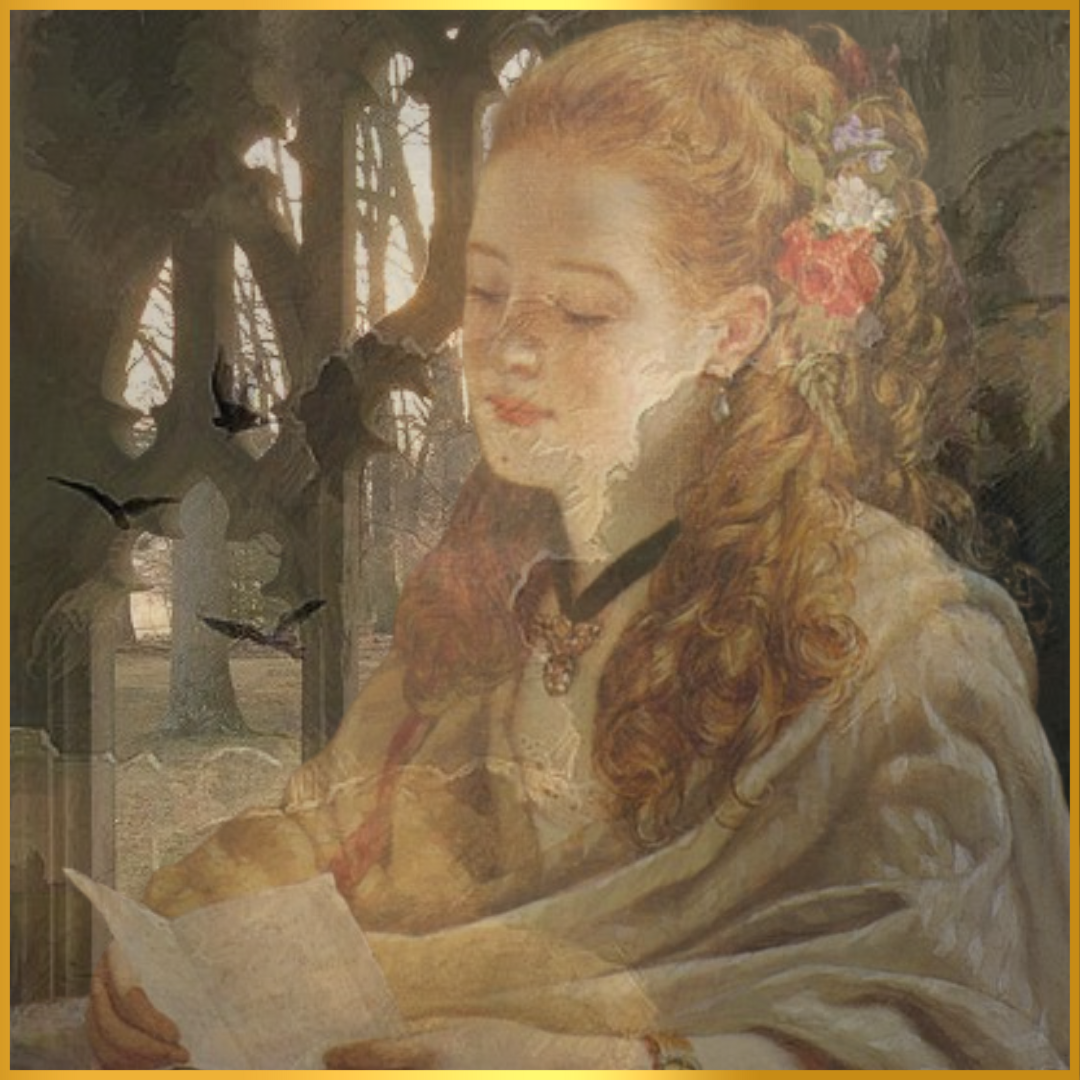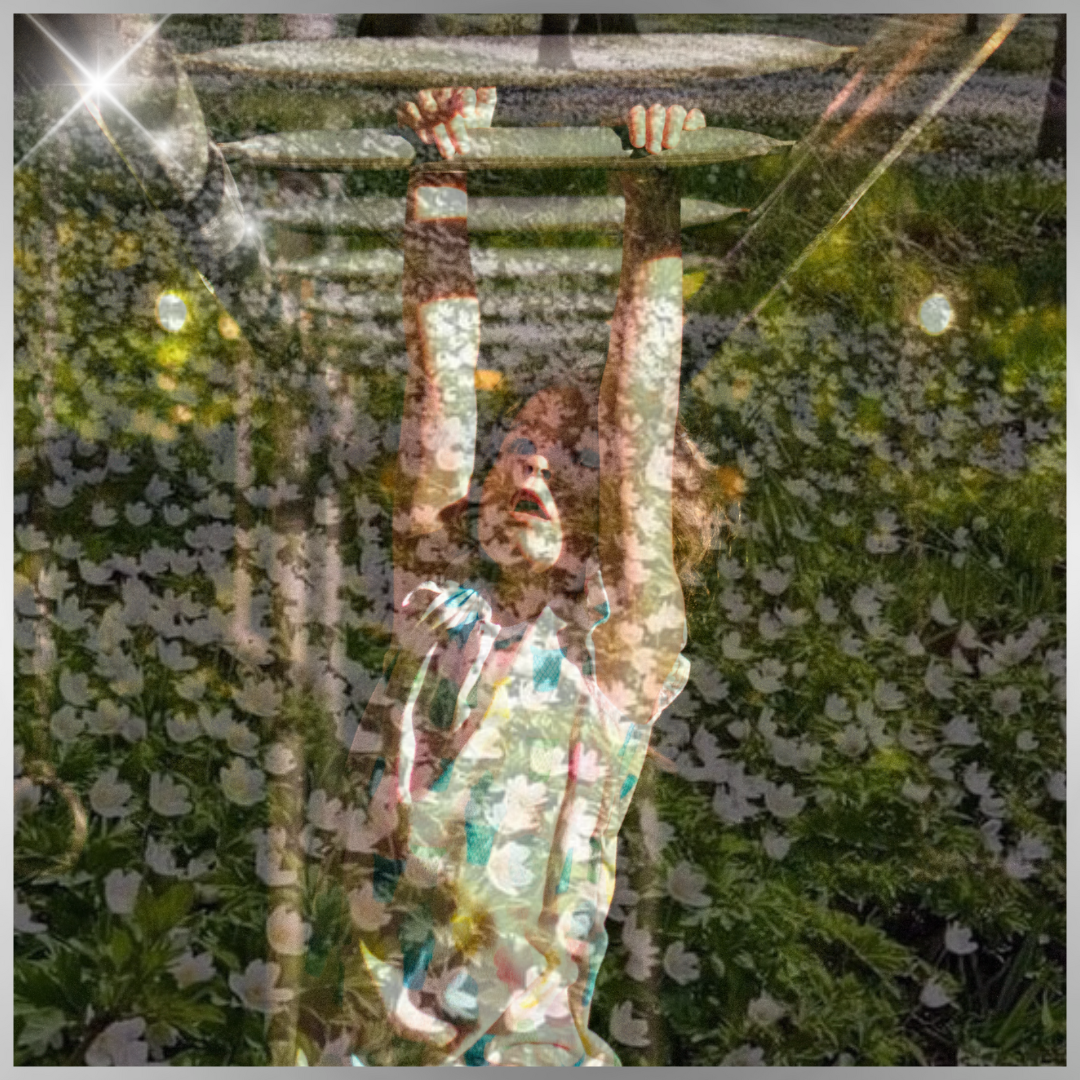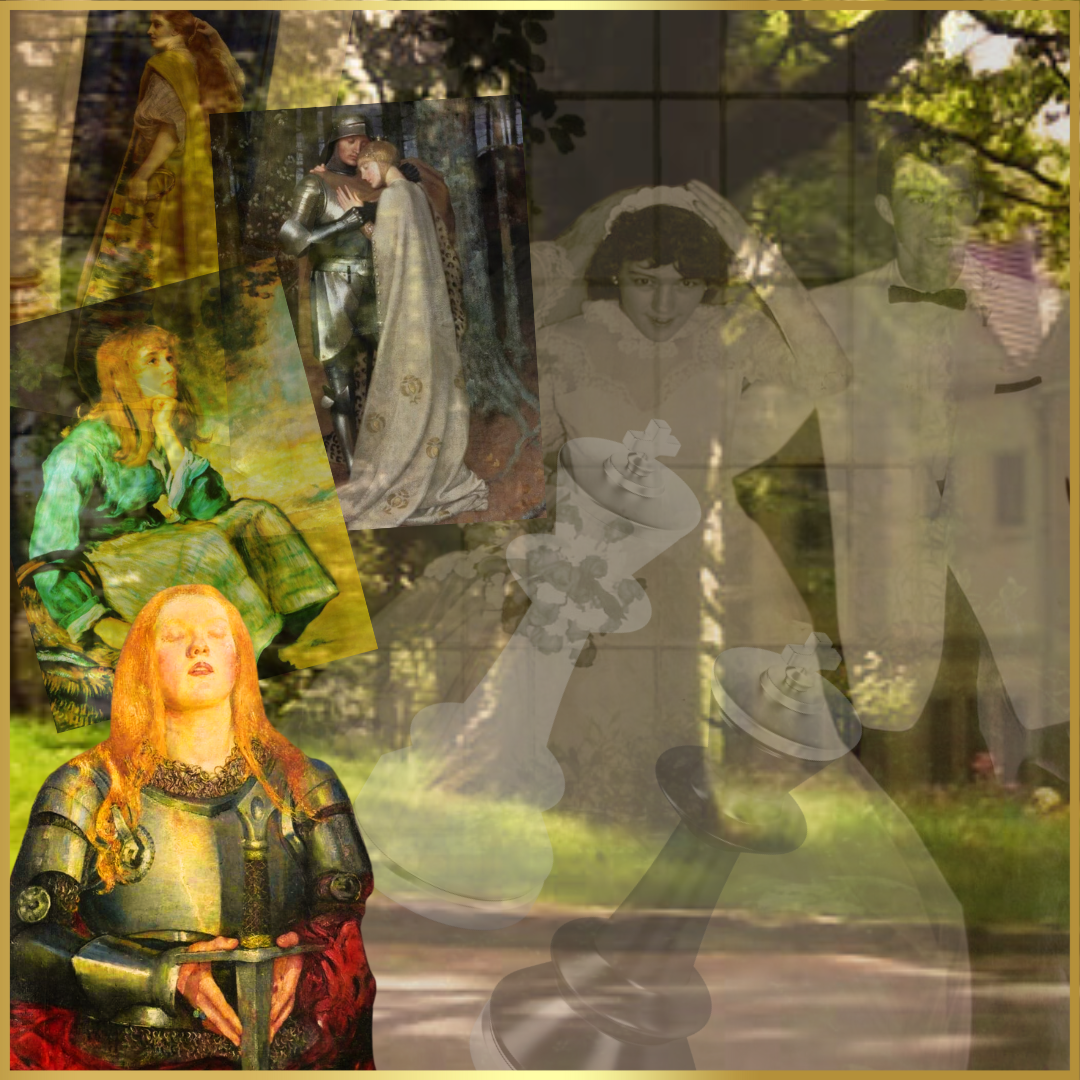Beginning/Prologue (PART 1)

Introductions are polite, so let's start here.
(Don't worry, this early bit won't take very long. We'll get to the more exotic fare soon enough, I promise).
I was playing in the backyard of a neighbor. I was maybe ten or eleven years old at the time.
My companion was a five-year-old who had started following me around whenever she saw me - I have no idea why my actual peers avoided having anything to do with me, whereas children much younger followed me around as if I were the Pied Piper, but that seemed to be the case, and I wasn't really in a position to object. It kept me from getting too lonely, and later, it turned into some paid babysitting jobs, which meant I could buy more books than what I could purchase with just the tiny allowance my parents kept me on. When I was still in lower school, though, it was more of a trade: I got somebody to play with who didn't bully me, and the parents tolerated or even welcomed my presence in return because they got free, unofficial babysitting and time to themselves.
So, at any rate, I was in the girl's backyard by the jungle gym, as some of the other kids on the street, including her big sister, played soccer in another part of the yard.
Most of us hadn't bothered to change out of our school uniforms yet.
The girl who attended the more distant country day school had the best uniform, I thought: She had a dark blue blazer with a crest on it, a coordinating striped rep tie and pleated navy skirt, and a white dress shirt that had a really cute collar. Her knee socks blended in with the uniform perfectly, and the whole effect was very well put together. I thought she looked like one of the characters from The Facts of Life, only her uniform was blue, not red.
Meanwhile, I wore what the other three older kids were wearing, which was the plaid skirt and white dress shirt of the lower school that was only a few blocks away. Our plaid wasn't that different from the plaid of the nearby country day school. We had to wear saddle shoes, though, and their students did not. The saddle shoes were almost impossible to find unless you bought them from a store that had an arrangement with the school. We hated wearing them. We thought they were ugly and uncomfortable.
The kids I attended school with who were playing soccer had bagged their uniform shoes and kept on the cleats they'd worn for soccer practice. Why they felt a need to keep playing soccer with their neighbors after they'd just finished two sweaty hours of soccer practice with their classmates on our school's athletic field, I had no idea.
Nobody in my neighborhood went to a public school.
Since the others were busy kicking a ball around the yard, the only people near the jungle gym were me and the little girl. I was sitting on a swing, trying to read The Martian Chronicles. I'd just discovered Ray Bradbury. I'd already read Dandelion Wine and Something Wicked This Way Comes, and I couldn't get enough.
The little girl wanted to go across the monkey bars hand over hand, but every time she tried to do it, she crumpled under her own fear. She looked like she was close to tears from frustration.
I probably wasn't going to have peace and quiet enough to do any reading, anyway.
"Would you like some help?" I asked.
She looked up, dubious, and nodded. I was her favorite Pied Piper. She'd ask me for help.
I lifted her arms high again and hoisted her so that her hands could once again grasp the first bar. "Hold on tight. I'm going to let go," I said, remembering what my swim instructor said when she was teaching me how to tread water in the deep part of the pool.
The girl's eyes widened.
"I'll be right here," I said. "I won't let you fall." I slowly let her go but kept my hands about an inch away from her trunk. "See? I'm right here."
She nodded.
I stepped back by about a foot. "Now grab the next bar with your right hand. That one," I said, tapping her hand, realizing that I didn't want to make her think hard about anything right now, including which hand was her right and which hand was her left. "I'm right here. See? Here are my hands. They're right here. I won't let you fall. I promise."
With eyes as big as dinner plates, she let go of the bar and grabbed the next one.
"That's it. Now do the same thing with your other hand. Forward, now. I'm right here."
Eventually, we got across the entire set of monkey bars that way. When she fell into my arms after the last bar, I put her down on the ground, and she shrieked, "I did it! I did it!" and started jumping around, unable to contain herself.
I smiled and went back to reading.
The soccer game in the other part of the yard continued unabated.

For the most part, though, my playmates were not children of any age - not peers, not the little toddlers and preschoolers that always seemed to be attaching themselves to me and trailing in my wake. They weren't even really playmates. Adults liked me better than other children did. When I played, I played alone. When I socialized with grown-ups, it was just talk, unless we were playing board games or otherwise doing something formal.
I've always liked board games. I think I got into the habit of playing board games because of my father. We were very close, then - when I was young. He was the one who taught me to play chess. He started with checkers. When I could beat him fair and square at checkers, he said, then he would buy me a chess set. It took me almost a year to win my first game of checkers, but when I did, he was as good as his word, and that was how, at the age of five, I became the owner of a beautiful chess board made of polished wood, with matching pieces carved to look like medieval foot soldiers, nobles, and courtiers. And then he used it to teach me chess. By the time I was six years old, I had learned all the gambits he knew, and I had even managed to beat him three times.
He never let me win. He didn't believe in coddling. With my father, you either beat him on your own, or he beat you at the game he played with you, and that was that. It's a great way to teach a child the game of chess if you see the child has an aptitude, and you want to nurture it. He might have seen in me the potential to be a chess master, and had I not discovered Barbie dolls on my seventh birthday, I might very well have gone in that direction.
Oh, well.
He also taught me how to dance. He taught me the fox trot, the box step, the waltz, even the jitterbug. I forgot how to dance when I got older because I had no occasion to use my dancing skills, but when I was little, we used to dance around the marble entryway of our house, laughing, circling the fountain like whirling leaves.
Before I was born, he said, he used to dance with my mother; but that was in the past. Her health was not robust. Her joints hurt her, and she always seemed to have a headache. She took to her bed once a month for several days with what I eventually found out were heavy periods that not only doubled her over with pain but actually drained her so heavily that she took iron pills that had been prescribed for anemia. She had help in the house on the weekdays, and when she was up and around, mostly she just sat in her chair in the television room and crocheted lace or sewed, or if it was winter and the trees had lost their leaves, giving us an unobstructed view of the river, she would gaze out the window at the barges that could sometimes be seen. Her dancing days were over.
On our piano were framed pictures, including one with her dancing with my father at their wedding. She looked like a completely different person in that photograph. My father just looked like a younger version of himself. Thin, like me. Red-headed, like me. Dapper in white tie. Smiling at his lovely, elegant new bride.
He used to read to me - Winnie the Pooh and Heidi and the fairy tales of Hans Christian Andersen, when I was very young indeed, and of course, stories from the Bible when we said prayers at bedtime; but as soon as I seemed old enough to appreciate stronger fare, he would read to me stories from Edith Hamilton's Mythology and tales of King Arthur from Malory.
The more questionable stuff, such as how Zeus begat practically everybody in Greek myth and legend in practically every form imaginable or unimaginable, or how Mordred was conceived when Arthur had a tryst with his own sister, he skipped over, but I got quite a healthy dose of tales of chivalry and adventure. He also read to me from The Song of Roland, and other medieval tales, and from The Chronicles of Narnia.
He was a history teacher at the upper school that was a part of the school consortium whose lower school I attended. Different campus, but same school - as I gathered from reading old yearbooks and news clippings, there used to be four separate private schools that merged into a sort of educational cooperative, and the campus of the former upper school used to be located on the campus of what became the location of the lower and middle school I was enrolled in.
I was at that specific school because that was where my father had taught for years, and we even had a discount on the tuition because of it, not that we needed it, since most of our family income came not from my father's meager salary, but from interest on inherited investments. I'm sure there are many private schools that pay their teachers almost the same salary that could be expected by a tenured professor at a college or university, but the school that I attended and that employed my father was not one of those schools. But really, who teaches history for the money?
Having his only child be a precocious and lonely young girl meant that he could share his love of the age of faith and chivalry with a captive audience, with his history lessons falling on eager ears. How could I not love Arthur and Merlin, Percival and Gawain, Lancelot and Galahad? They became more real to me than my classmates. They were kinder and more interesting.
My father believed in chivalry. I believe he fancied himself, in his more sentimental moments, to be the scion of some ancient noble family or other, and given the family tree, his self-perception may very well have had some basis in reality, although genealogy is ultimately a self-flattering game of Six Degrees of Separation, because anybody can be related - related legitimately! - to a rich, noble, or famous person by enough marriage lines traced. Still, nobility seemed to be important to him, and that is probably more important than any actual noble blood, whether real or imagined.
Noblesse oblige, he would say, as if we were in fact noble, and thus required to act like the lords and ladies we secretly were; and while I am not so certain today that he completely managed to live up to his ideals, I think it would be fair to say that he probably tried to live up to them.
I never expected him to turn on me.

Bạn đang đọc truyện trên: AzTruyen.Top